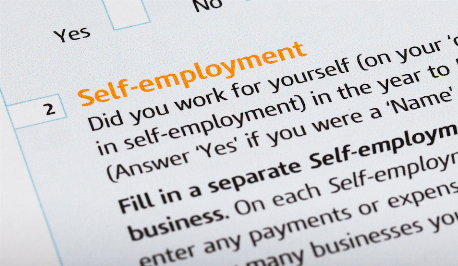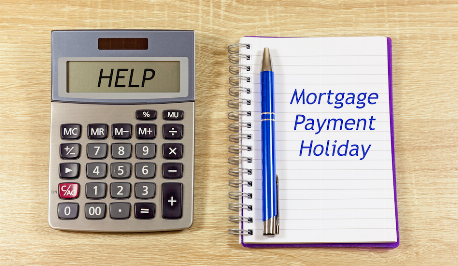Data from UK Finance has shown that more than 1.2 million homeowners have taken out mortgage payment holidays since the chancellor’s announcement.

Under the government’s new policy, homeowners can apply for a A Guide to Mortgage Payment Holidays of payments for up to 3 months.
This could provide much needed help to mortgage holders who are feeling the effects of COVID-19, but it won’t be suitable for everyone and it won’t be free money. Homeowners who aren’t concerned about their ability to pay should continue with their repayments as normal. We have prepared the following guide to make sure you know the facts.
Don’t Cancel Your Direct Debit
Cancelling your direct debit is not a payment holiday and will be counted as a missed payment if it has not been agreed with your lender. You should not cancel your direct debit without speaking to them first. A missed payment could show up in your credit file and may impact your ability to remortgage in the future.
Apply Online
Many mortgage holders have found it frustrating trying to get through to their lender as call volumes have put pressure on their staffing resources. It is recommended that if you are experiencing payment difficulties due to coronavirus, you apply for a payment holiday through your lender’s website.
There will be a fast track approval process in place and you won’t need to provide evidence or have an affordability test. So, you should get a quick decision.
Any unpaid interest will probably still need to be paid back but you won’t have to worry about any additional fees or charges.
Individual credit ratings should not be affected but if you are worried you should speak with your lender.
Not a good option for everyone
Although Mortgage payment holidays can be a good short-term solution during the current pandemic, there are several important things that you should bear in mind before taking a payment holiday:
- It is not suitable if you can’t afford your mortgage payments because your household income has reduced permanently. In these circumstances, we would urge you to get in contact with us so we can review your situation and provide you with the appropriate advice.
- While you are not making mortgage payments, you’re still racking up interest on your remaining mortgage balance. You’ll still owe the bank the same amount as you do now, but with interest added on. This means it will take you longer and cost you a little more to clear your mortgage.
Mortgage Holiday Payment Calculator
You can use this Mortgage Holiday Payment Calculator to understand what impact a mortgage holiday will have on the term of your mortgage. It helps to show you the increased amount/number of mortgage payments you’ll need to make once your mortgage holiday is over.
We can’t stress the importance of understanding how a mortgage holiday can affect your future repayments. If you have any thoughts, concerns or queries, we are here to support you as your mortgage & protection adviser.
To speak to a free Mortgage expert Click Here


